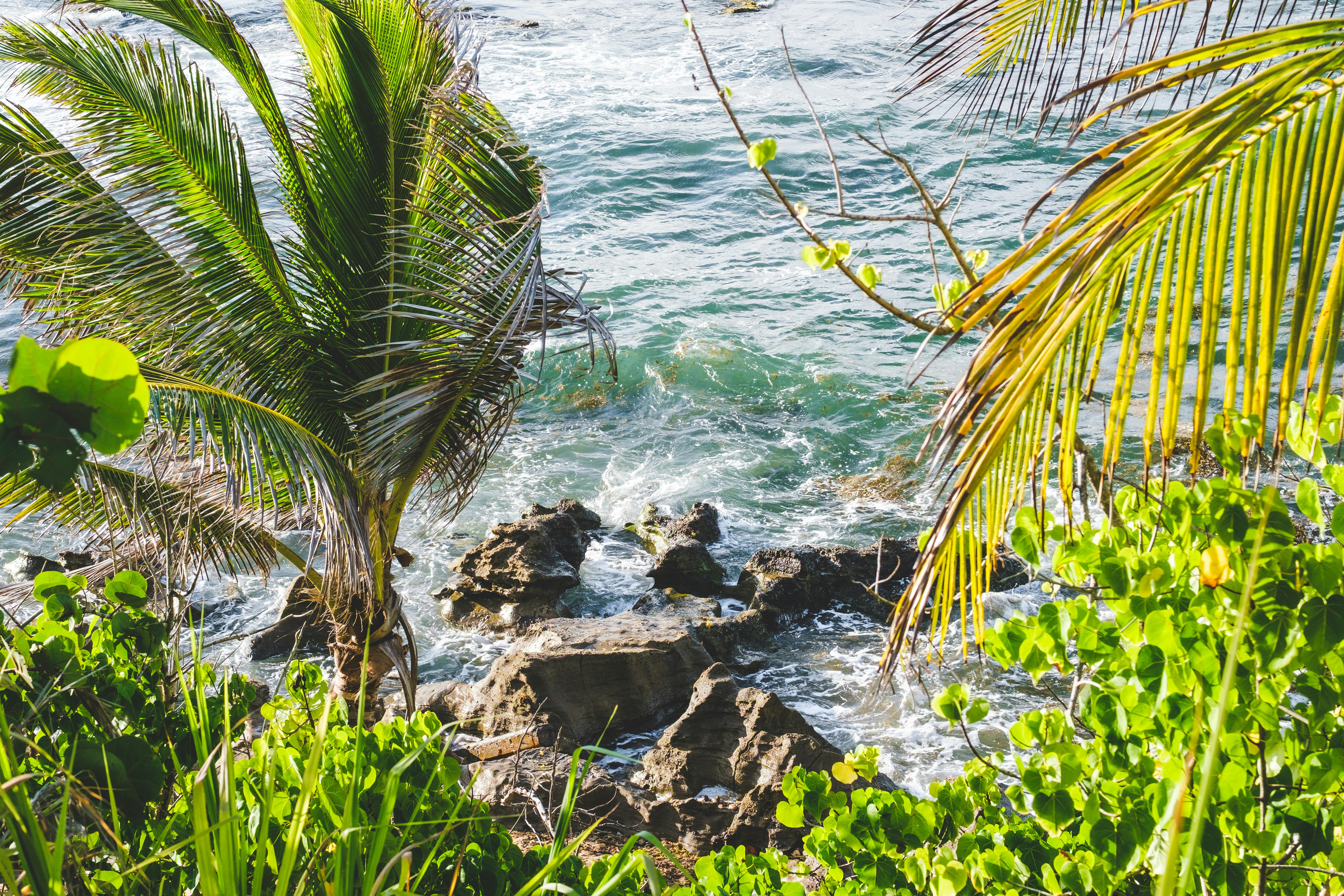Distilling water is a process that can be used to purify or desalinate water. It involves boiling the water and then condensing the steam back into a liquid. Distilling is one of the most effective ways to remove contaminants from your drinking water. The cost of distilling water can vary depending on the type of distiller used, but generally it costs around $0.50 to $1 per gallon. The equipment required for distillation can be expensive, although it will save money in the long run by eliminating the need to buy bottled water.The cost of distilling water depends on the type of distillation system used. Generally, the costs can range from a few hundred dollars for smaller, countertop distillers to several thousand dollars for larger, commercial-grade systems. There are also ongoing costs associated with operating a distiller, such as electricity for running the machine and replacement filters. In addition, if you opt for a water delivery service to provide you with distilled water, there will be an additional cost associated with that.
What Kind of Equipment Is Needed to Distill Water?
Distilling water is a process that involves heating water until it reaches its boiling point, collecting the water vapor produced and then condensing it into a separate container. This process can be done on a large scale or with smaller, more affordable equipment. On a larger scale, the distillation process can involve large tanks and complex systems, but smaller systems are available for those who want to distill water in their own homes. The equipment needed for distillation can range from simple items such as pots and pans to more complex systems including boilers and condensers.
The most basic form of distilling water requires only a pot and pan. To do this, fill the pot with water and place it on the stovetop or over an open flame. Heat the pot until the water starts to boil, then put a bowl or other container over the top of it. As the steam rises from the boiling water below, it will collect in the bowl above, which can then be poured off for drinking.
For those looking to use more advanced methods of distilling water at home there are several options available. Bo
Distillation
Distillation is a process used to separate mixtures of liquids by heating them and condensing the vapor into a separate container. It works by taking advantage of the different boiling points of the liquids in the mixture. By heating the mixture, the liquid with the lower boiling point will evaporate first, leaving behind the liquid with higher boiling point. The vapor is then directed into a condenser where it is cooled and changed back into a liquid form, which is then collected in another container.
The process of distillation can be used to purify liquids such as water or alcohol, as well as to separate complex mixtures of chemicals. Distillation can also be used to isolate specific compounds from natural sources such as plants or animals. For example, essential oils are made by distilling plant material such as flowers, leaves, and bark to extract specific compounds that give them their unique aromas and flavors. Distillation can also be used to create fuel from crude oil or other petroleum products.
Distillation is an important process for many industries including pharmaceuticals, food production, water purification and chemical production. It is also a common
What Are the Benefits of Distilling Water?
Distilled water is one of the purest forms of water available, as it has been through a process to remove any potentially harmful contaminants. Distillation involves boiling the water and then cooling it down, causing the harmful substances to evaporate while leaving behind the pure H2O. This process is beneficial for a variety of reasons.
The most obvious benefit of distilling water is that it removes any contaminants that may be present in tap or surface water, such as heavy metals, chemicals, and biological matter. This makes it much safer to drink than untreated water, and can also help to reduce any health risks associated with contaminated drinking water.
Another benefit of distilled water is that it can help to improve the taste of drinking water. Distillation removes many unpleasant tastes and odors from water that can be caused by chlorine or other pollutants. This makes it much more pleasant to drink for many people who are used to drinking tap or surface water.
Finally, distilling water can also be beneficial for people who want to avoid using plastic bottles for their drinking water.
What Is the Process for Distilling Water?
Distilling water is a process of purifying water by removing contaminants such as bacteria, heavy metals, and other inorganic materials. The process involves boiling the water and collecting the resulting steam. This steam is then condensed back into liquid form and is free of contaminants. It is one of the most effective ways to purify water since it removes almost all impurities.
The process of distillation starts by heating the contaminated water to its boiling point. As it boils, the steam rises and passes through a tube or pipe that leads to a condenser, which cools down the steam and causes it to condense back into liquid form. The condenser collects the pure water in a container while any remaining impurities are left behind in the boiling chamber.
The distilled water can then be used for a variety of purposes including drinking, cooking, cleaning, or even bathing. It can also be used for medical or laboratory purposes since it has been purified from harmful contaminants. Distilled water has also been found to be an effective way to improve taste in beverages such as coffee and tea.
Overall, distilling water is

How Much Does It Cost to Distill a Gallon of Water?
Distilling water can be an expensive process, depending on the type of equipment and materials used. On average, it costs between $0.50 and $1.50 per gallon to distill water. The cost can go up significantly if you use higher-end materials and advanced equipment. Generally speaking, the more complex the distillation process, the more expensive it gets.
The cost of distilling a gallon of water also depends on how much water you are distilling at once. If you are doing small batches, such as one or two gallons at a time, then the cost per gallon will be higher than if you were doing larger batches of 10 gallons or more. Additionally, if you are using specialized equipment for a specific type of distillation, such as reverse osmosis or steam distillation, then your costs will be higher than if you were using basic distillation methods.
Finally, the cost of distilling a gallon of water is also affected by how often you do it. If you are doing it regularly
Does It Make Sense to Invest in a Home Water Distiller?
Investing in a home water distiller can make a lot of sense for many households. Water distillers are an effective way to remove impurities and contaminants from tap water, providing clean and safe drinking water for your family. In addition, they are relatively low-cost and easy to maintain, making them an attractive option for many people.
Water distillers work by boiling the water to create steam, which is then condensed back into liquid form. This process removes the vast majority of microorganisms, sediment, chemicals, and other impurities that can be found in tap water. The distilled water is then collected in a reservoir or container for later use. Additionally, most home water distillers come with carbon filters that further purify the water by removing additional contaminants and odors.
The advantages of investing in a home water distiller are numerous. Not only do they provide healthy drinking water free from contaminants and impurities, but they can also save you money over time. Since you will no longer need to purchase bottled water or other forms of filtered or purified drinking water, you can save
What Do I Need to Know Before Buying a Home Water Distiller?
Before you buy a home water distiller, there are some important things to consider. The first is the size and capacity of the distiller. If you have a large family or plan to use the distiller for commercial purposes, you’ll need one with a larger capacity. You’ll also want to think about the type of water that will be used in the distiller – some models work best with hard water, while others are better suited for soft water. Consider how much time you’re willing to dedicate to maintaining your distiller – some require more frequent cleaning and maintenance than others. Finally, look into the energy efficiency of different models – higher-efficiency models will save you money on your energy bills in the long run.
Another important factor to consider when buying a home water distiller is the cost. Distillers come in a variety of price ranges, so it’s important to do your research and find one that fits within your budget. Be sure to compare features between different models as well – some may offer additional features or add-ons that could be beneficial for your particular needs

Conclusion
Distilling water can be a relatively inexpensive way to purify water. It is often more cost-effective than other forms of water treatment. However, it is important to note that distillation does not remove certain pollutants from the water, such as heavy metals or radioactive isotopes. Therefore, it may be necessary to use additional methods of filtration for certain applications. Additionally, the cost of distillation can vary greatly depending on the system used and other factors, such as the cost of electricity or fuel used in the process. Ultimately, by researching carefully and selecting an appropriate system, you can find a cost-effective way to distill your own water.
Overall, distillation of water is an effective and relatively low-cost way to purify your drinking supply. It has many advantages over other methods of filtration and can be used in a variety of applications. With careful research and selection of an appropriate system, you should be able to produce pure distilled water for your needs at an affordable price.

